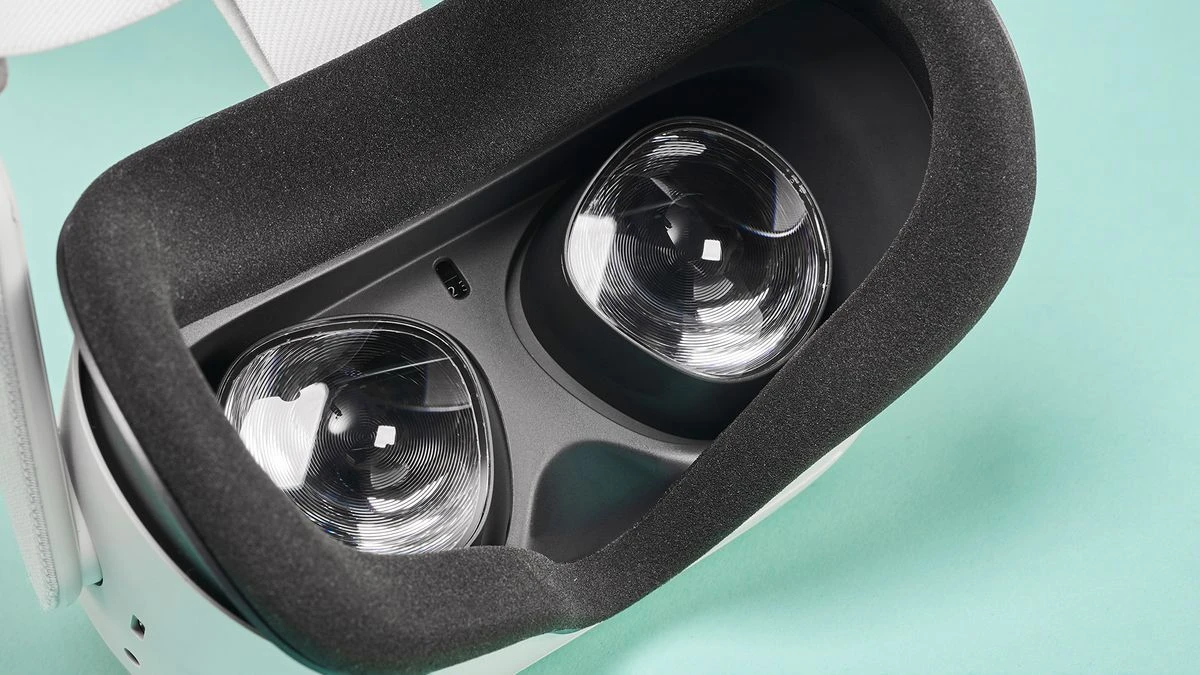According to reports, Meta is planning a new budget mixed reality headset with a 'tethered hockey'.
Meta's next high end VR headset, the rumored Quest Pro 2, could be in doubt. There are reports that the company is working on a new mixed-reality headset.
According to The Information via UploadVR, Meta has abandoned plans for a premium headset called Quest Pro 2 in favor of a super light, lower cost headset codenamed Puffin.
Puffin, which is said to look like a pair of bulky spectacles, weighs less than 110 grams. It still offers passthrough functionality and pancake lenses with cameras.
This is achieved by separating not only the battery (as with Apple Vision Pro), but also the processing equipment into an external "puck". The Meta Quest 3 weighs 515 grams. So the headset of the rumoured Puffin gadget is much lighter than we're used.
The report also claims Puffin implements a gesture-based control and input system, similar to the Apple Vision Pro. This is in place of physical controllers. This implies that the headset will also have motion sensors, which makes the low weight even more impressive.
This is a rumour for now. It's important to remember that Mark Zuckerberg, Meta's CEO, criticised the Apple Vision Pro cable and external powerpack when he "reviewed", the device. He said that Meta Quest was better because "there are no wires that get the way when moving around - it is a big deal."
This new rumoured device, the Puffin, is being described more as a mixed reality product than a pure VR one. This slightly different position would allow Meta to use cable without contradicting the words of its fearless leader. Meta may claim that wires are okay for mixed reality, MR or VR but not for mixed reality.
The report states that the Puffin headset won't be available until 2027. That is a long time away. Even if the report was accurate today, there is no doubt that much can change from now until 2027.
Lighter and more ergonomic headsets are certainly welcome and will also help VR, AR and MR (whatever!) Even if you can argue that it won't be until technology is integrated into glasses or fully implanted, before it becomes compelling.




Comments